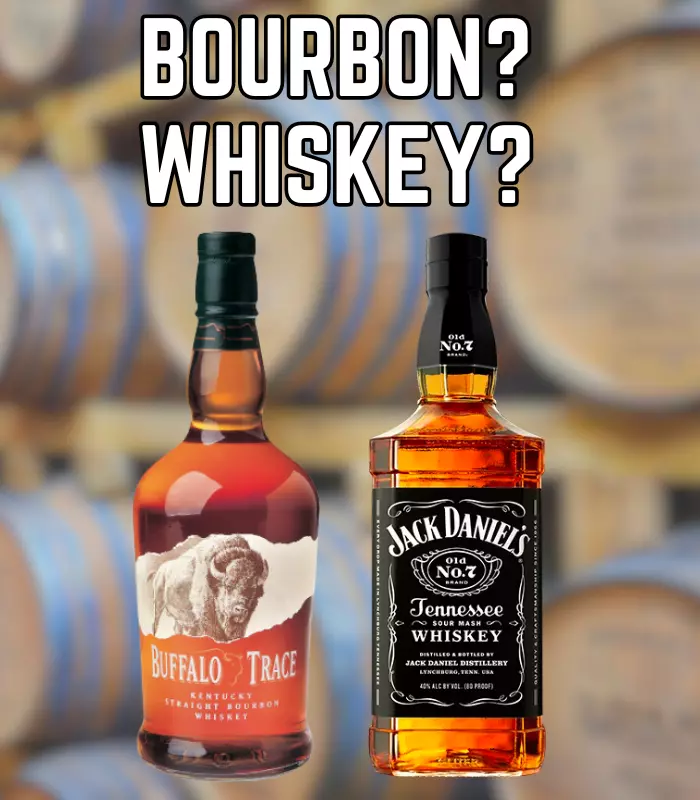Uncategorized
Bourbon vs whiskey
Great question! The main difference between bourbon vs whiskey lies in their ingredients, production processes, and regional origin.
BOURBON VS WHISKEY
1. Whiskey:
- General term: Whiskey is a broad category of distilled spirits made from fermented grain mash. Grains used in whiskey can include barley, corn, rye, and wheat.
- Types: There are several types of whiskey, such as Scotch whisky (made in Scotland), Irish whiskey (made in Ireland), and Canadian whisky.
- Aging: Whiskey is typically aged in oak barrels, and the aging process can vary greatly depending on the type of whiskey and its country of origin.
2. Bourbon:
- Type of whiskey: Bourbon whiskey is a specific type of whiskey, but with stricter requirements. It must be made in the U.S. (typically in Kentucky, though it can be made anywhere in the country).
- Mash bill: To be considered bourbon, the grain mix (called the “mash bill”) must contain at least 51% corn. The rest can be a mix of other grains like rye, wheat, or barley.
- Aging: Bourbon must be aged in new, charred oak barrels. This is a key characteristic that sets it apart from other types of whiskey, which can be aged in used barrels.
- No additives: By law, bourbon cannot contain any additives or artificial flavorings, giving it a distinct flavor profile that often includes notes of vanilla, caramel, and oak.
- Proof: Bourbon must be distilled to no more than 160 proof (80% alcohol by volume) and must enter the barrel for aging at no more than 125 proof (62.5% alcohol by volume).
Key Differences:
- Geography: Bourbon is an American product, while whiskey is made around the world.
- Ingredients: Bourbon must be at least 51% corn, while whiskey can be made from a variety of grains.
- Barrels: Bourbon must be aged in new charred oak barrels, which gives it a distinctive flavor.
So, all bourbon is whiskey, but not all whiskey is bourbon!

